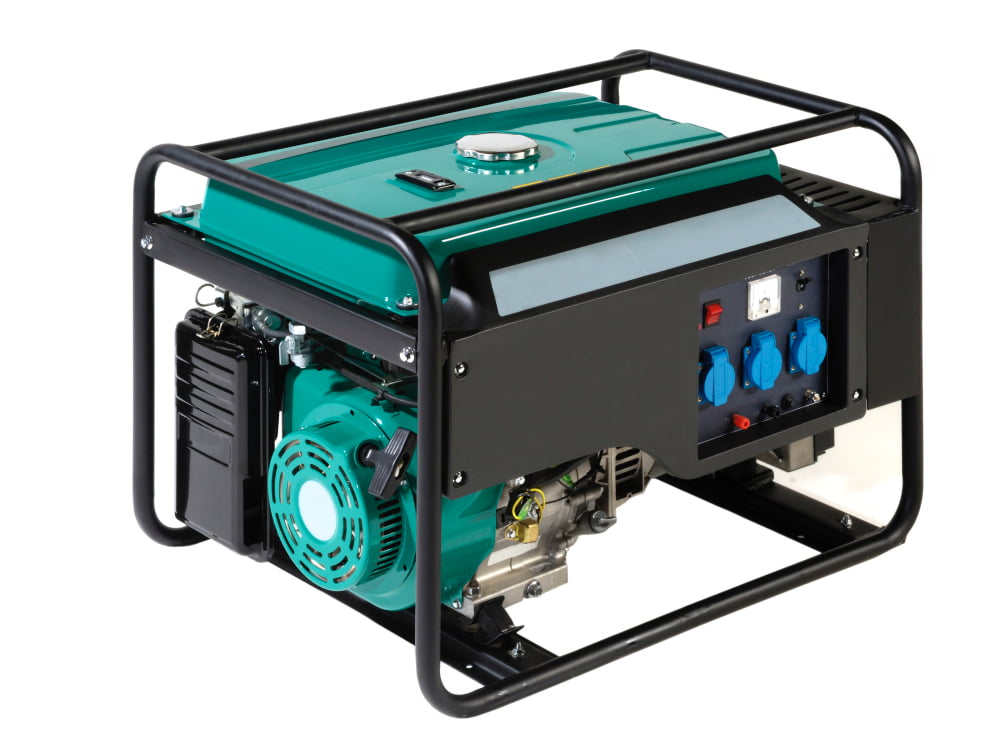Last updated on
In a world where power outages are an annoying inconvenience at best and a life-threatening struggle at worst, a home generator can turn the tide in your favor. It’s a beacon of light in the twilight of electric uncertainty—ready to power your essentials and keep the heart of your home beating, regardless of external forces.
However, the installation and integration of such a critical device aren’t as plug-and-play as one might initially think. For those venturing into the world of residential power generation, a few critical considerations can spell the difference between safety and vulnerability.
Trust Professionals for the Installation

Long gone are the days when MacGyver-esque DIY solutions cut the mustard, particularly with home electrical installations. The intricate nature of connecting a generator to your home’s power grid means that unless you’re a certified electrician, this is no place for a weekend warrior.
According to this website, certified professionals are not only armed with the technical knowledge but also possess the necessary permits, know the local building codes, and understand the complexities of electricity, which can be life-threatening when mishandled. So don’t skimp on the professionals when it comes to installing a home generator. A poorly installed generator is not only a fire hazard but also a source of out-of-code wiring that can sink a home’s resale value.
Size Matters: Assessing Power Needs
The size of your generator isn’t a matter of how much you want to power but rather a vigilant consideration of what you truly need. Overestimating or underestimating can lead to significant setbacks, whether it’s overloading your generator and damaging appliances or finding yourself with insufficient power during a critical outage.
A professional electrician will perform a “demand load calculation” which considers the electrical devices you’d like to power, not just the square footage of your home. This often means working with a generator retailer who can ensure you select the right size. These assessments are integral and violate them at your peril—it’s simply not worth the risk.
Location, Location, Decibels

Noise pollution is a real concern, and a generator can be a significant contributor—especially to your relationship with the neighbors. Beyond the generational battle of noise, some localities have specific noise ordinances that, if breached, could result in fees or even a shutdown of the generator.
Early in the design process, it’s crucial to think about where your generator will live. Is it downwind from open windows? Will it be a constant annoyance to anyone in its audible radius? These are the considerations that can make or break your peace – and legal standing.
Breathe Easy: Planning for Ventilation
Carbon monoxide (CO) is a silent killer, and with a generator, there’s an invisible threat that can seep into your home. Proper ventilation isn’t just a good idea; it’s non-negotiable. The location you choose will also need to enable CO to dissipate safely, both for the generator’s efficiency and your health.
Ventilation requirements differ for portable and standby generators; the former will often require to be outside in any conditions, while the latter’s permanent installation should be handled as an integral part of the generator system. This is a life-or-death detail, so don’t underestimate its importance.
The installation of a home generator is an exercise in foresight. It’s not enough to consider what it will do for you during an outage, you must also anticipate the risks that poorly chosen positions or sizes might introduce.
Considering these four steps isn’t just about due diligence; it’s about ensuring that when you’re relying on your generator, you’re not walking a tightrope without a net. With the right approach, your home generator can be the oasis of power independence you need; without it, it could be your house’s Achilles’ heel.
Recap:



